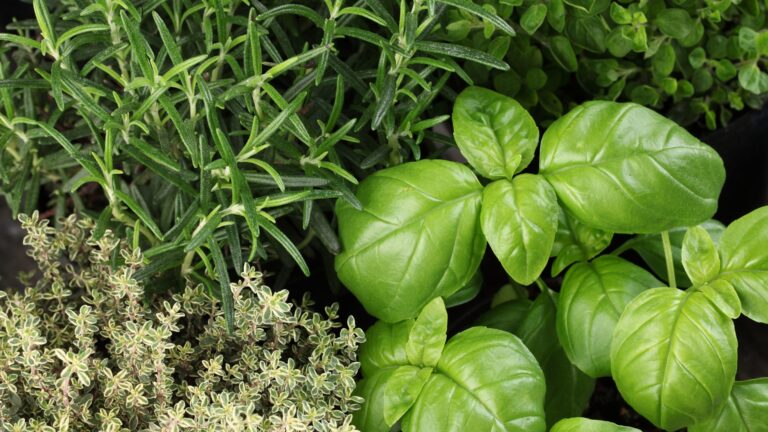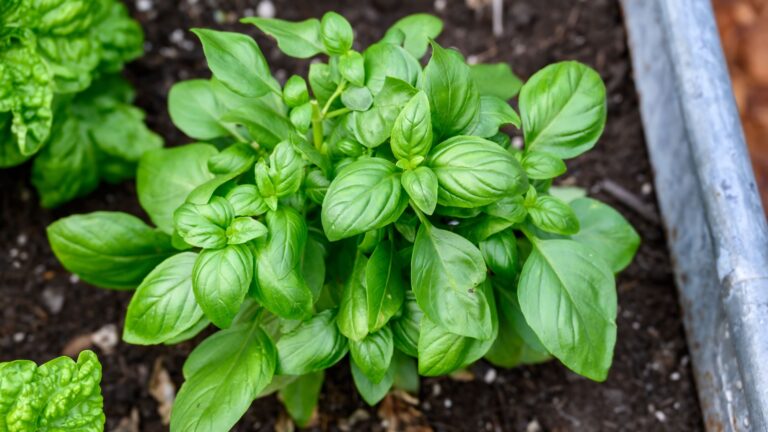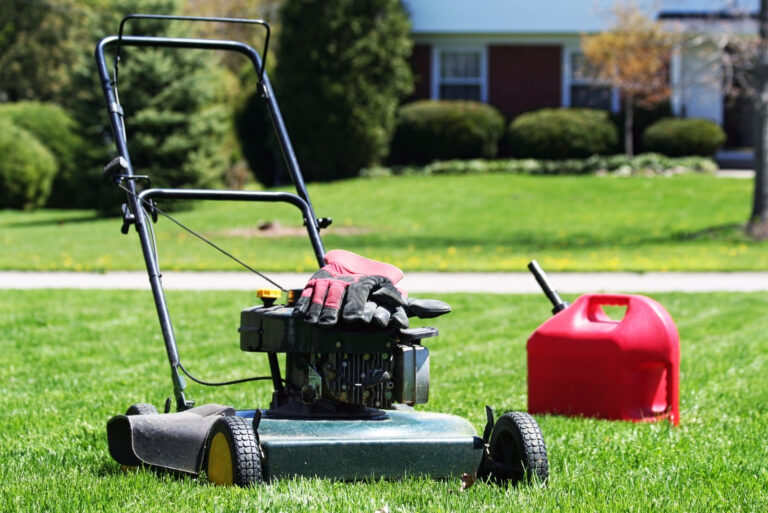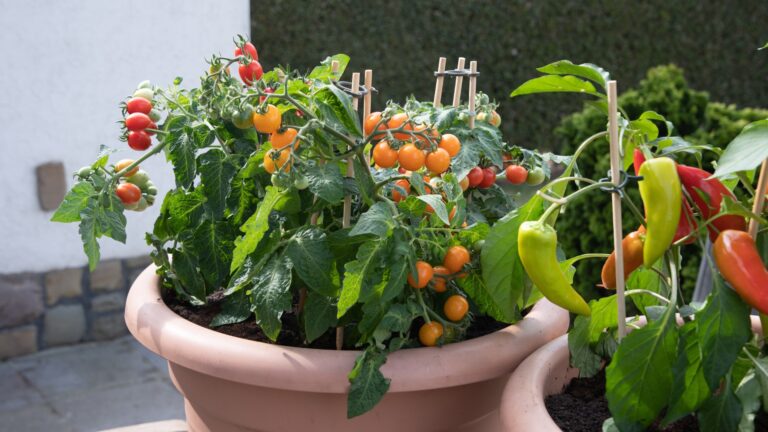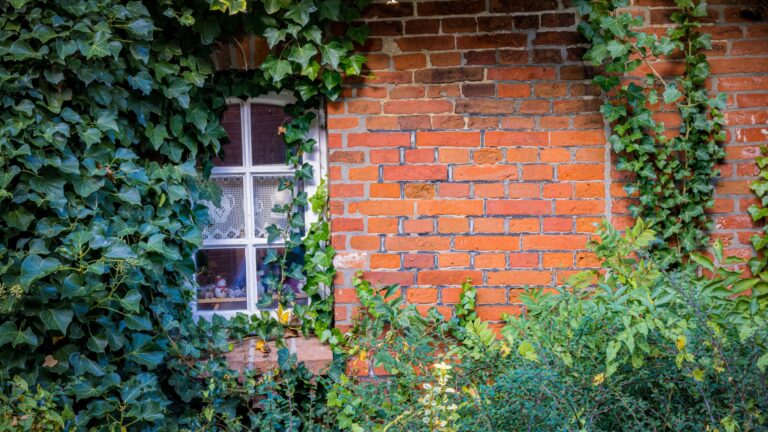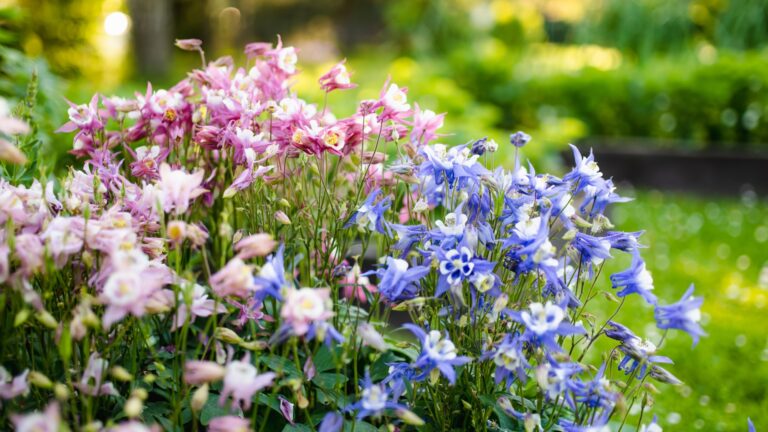Is Mushroom Water The Secret To Healthier Plants In North Carolina
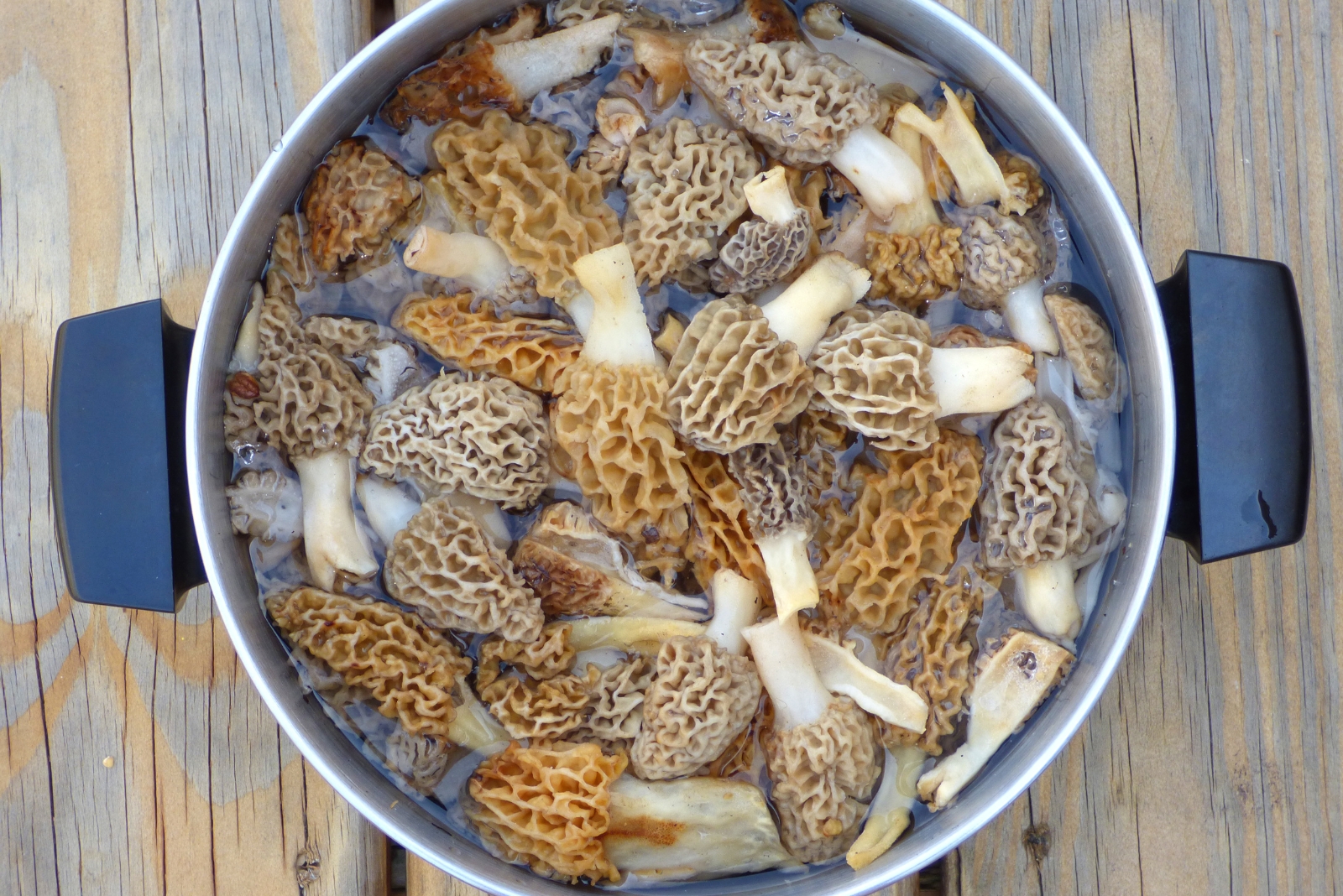
Gardeners across North Carolina are discovering an unusual trick that might transform how plants grow. Mushroom water, the liquid left after soaking or cooking mushrooms, contains nutrients that could boost plant health naturally.
Could this simple kitchen leftover be the answer to creating a thriving garden in your backyard?
1. What Makes Mushroom Water Special For Plants
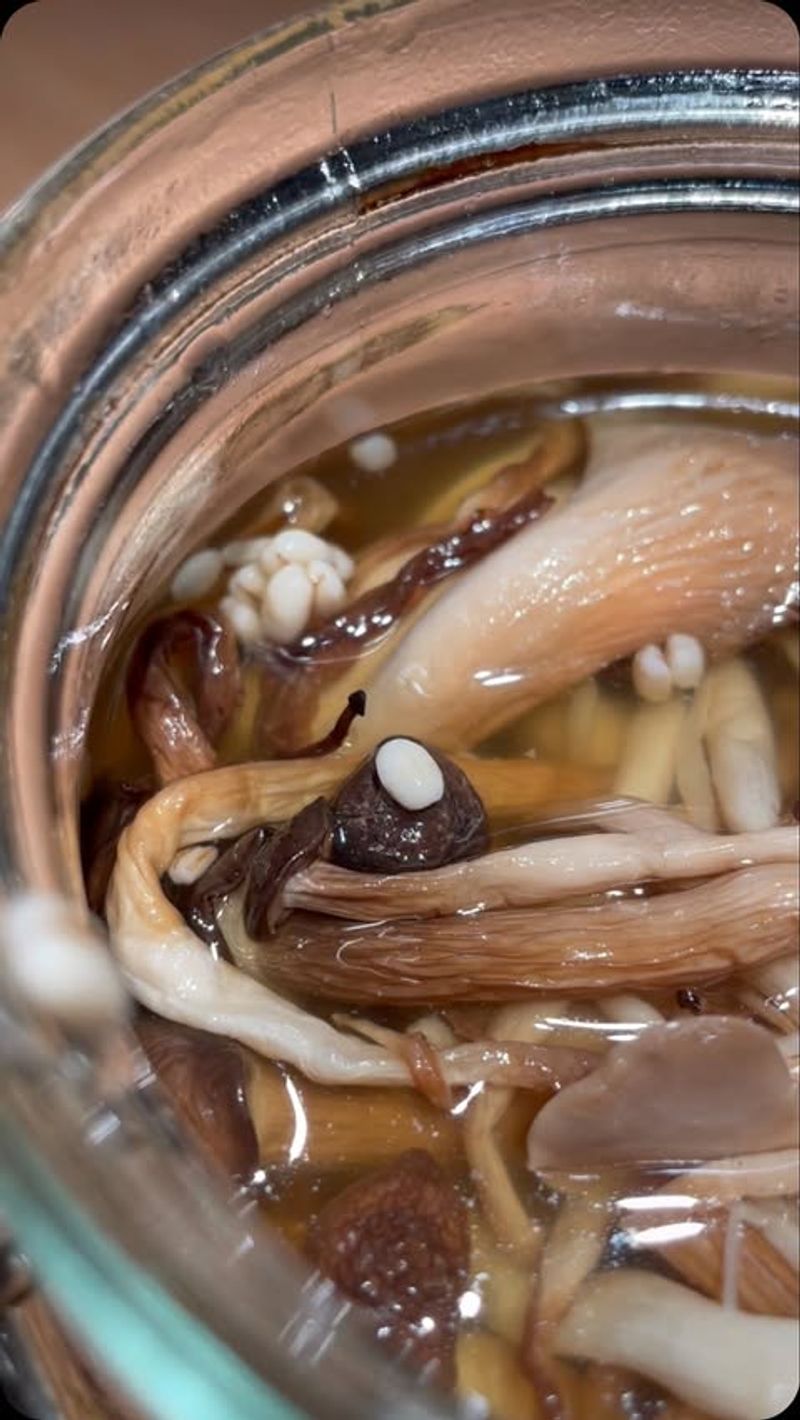
Fungi contain natural compounds that plants absolutely love. When you soak mushrooms in water, vitamins, minerals, and beneficial nutrients seep out into the liquid. Potassium, phosphorus, and nitrogen all transfer from the mushrooms into your watering solution.
North Carolina’s clay-heavy soil often lacks these essential elements. Using mushroom water adds back what the ground naturally misses. Your garden gets a nutritious boost without expensive fertilizers or chemicals from the store.
2. How To Make Mushroom Water At Home
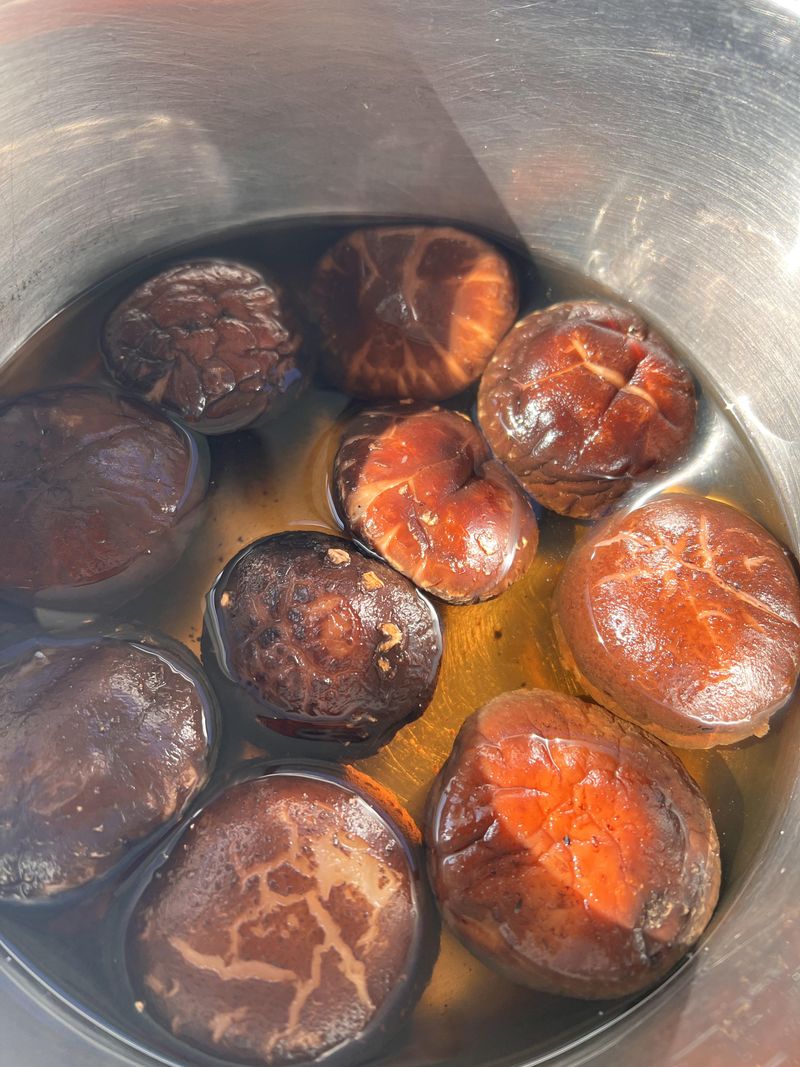
Creating this plant food takes almost no effort at all. Save the water after boiling mushrooms for dinner, or soak dried mushrooms in room-temperature water overnight. Both methods work equally well for extracting helpful nutrients.
Let the liquid cool completely before using it on your plants. Hot water can damage delicate roots and leaves. Store extra mushroom water in the refrigerator for up to five days, keeping it fresh for multiple watering sessions throughout the week.
3. Best Plants To Water With Mushroom Solution
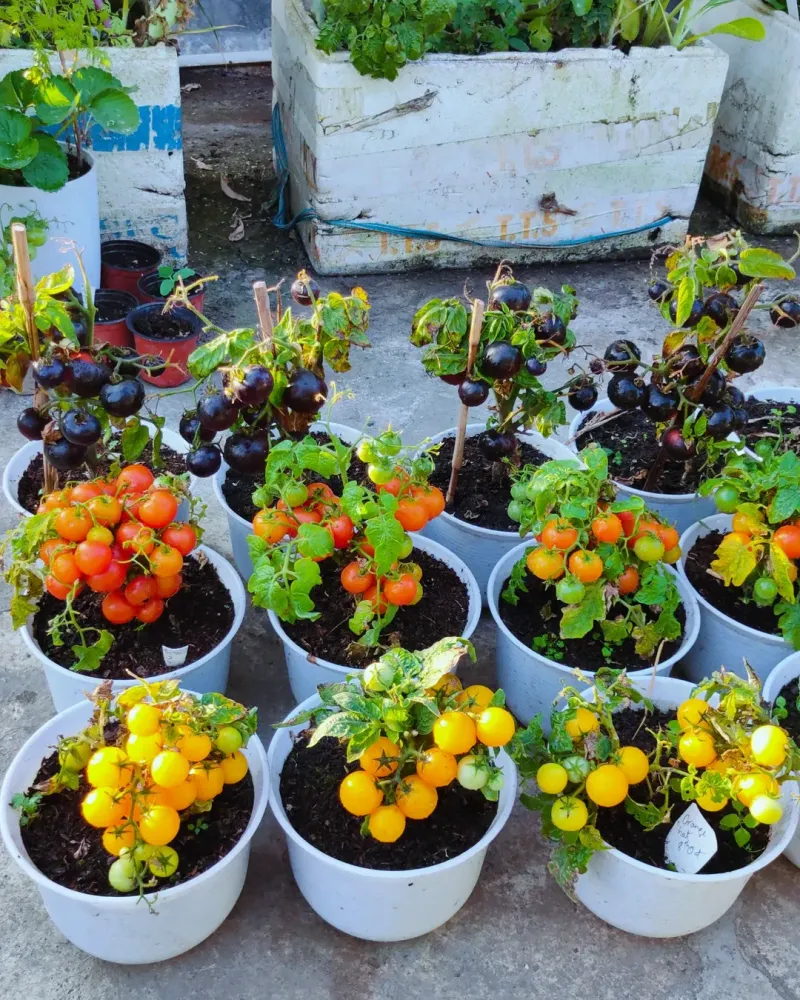
Tomatoes, peppers, and leafy greens respond wonderfully to mushroom water treatments. These vegetables crave the extra potassium and nitrogen that mushroom liquid provides naturally. Flowering plants like roses and hydrangeas also thrive with regular applications.
Indoor houseplants in North Carolina benefit too, especially pothos, philodendrons, and ferns. Start with small amounts to see how your specific plants react. Some delicate species might prefer diluted mushroom water mixed half-and-half with regular water for gentler feeding.
4. Understanding North Carolina’s Unique Growing Conditions
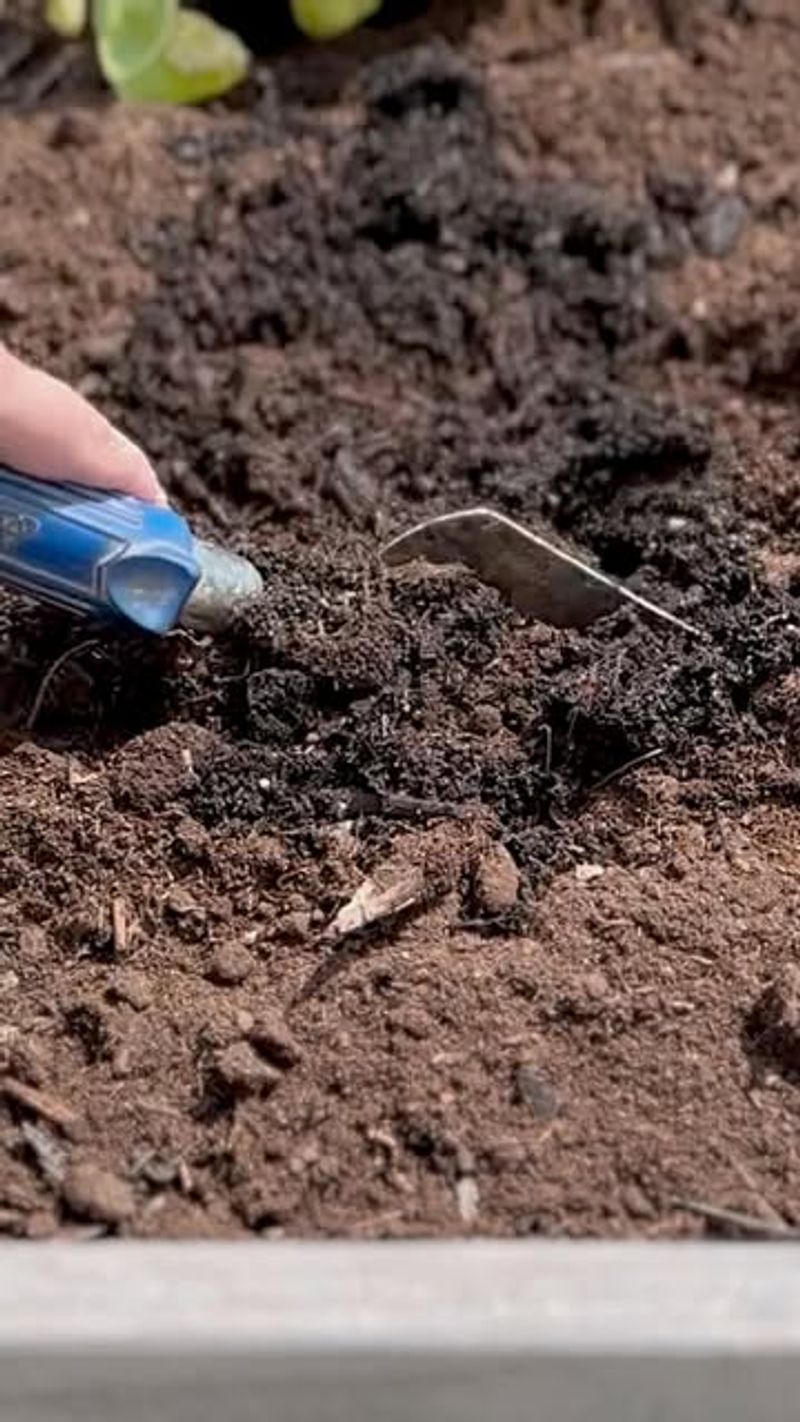
Our state sits in USDA hardiness zones 6 through 8, creating diverse growing environments. Coastal areas stay humid and warm, while mountain regions experience cooler temperatures and different rainfall patterns. Clay soil dominates many yards, making nutrient absorption challenging for plants.
Mushroom water helps break through these barriers naturally. The liquid form allows nutrients to penetrate dense soil more easily than granular fertilizers. Plants can access food faster, leading to stronger growth even in tough Carolina clay.
5. Frequency And Application Tips For Maximum Results
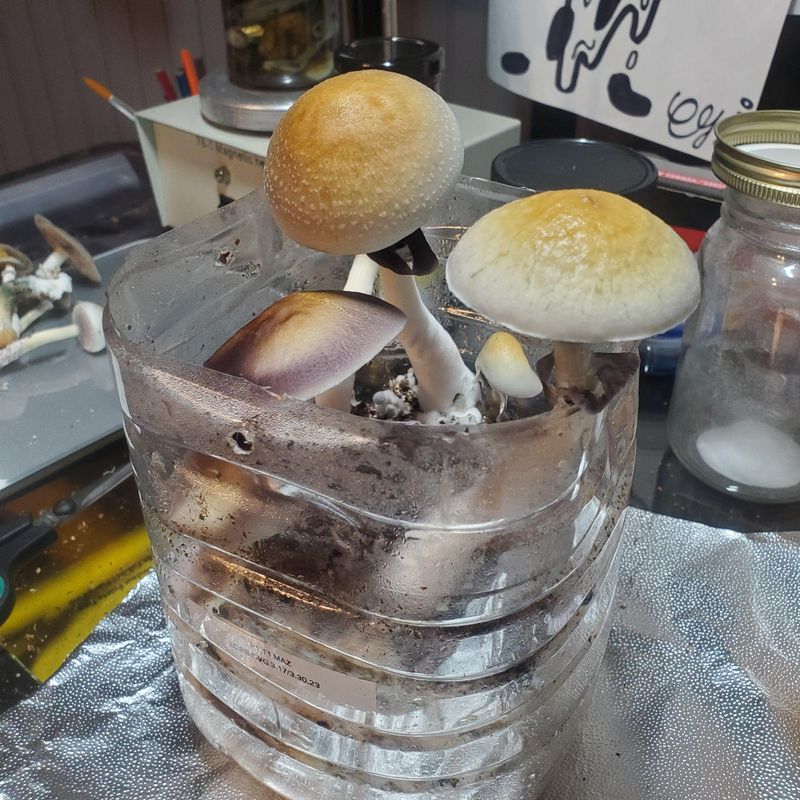
Water your plants with mushroom solution once every two weeks during the growing season. Too much can lead to nutrient overload, causing yellow leaves or stunted growth. Balance is key to helping your garden flourish properly.
Pour the liquid directly onto soil around the plant base, avoiding leaves and stems when possible. Early morning application works best, giving plants all day to absorb nutrients. During North Carolina’s hot summers, evening watering prevents rapid evaporation and waste.
6. Potential Risks And Safety Considerations
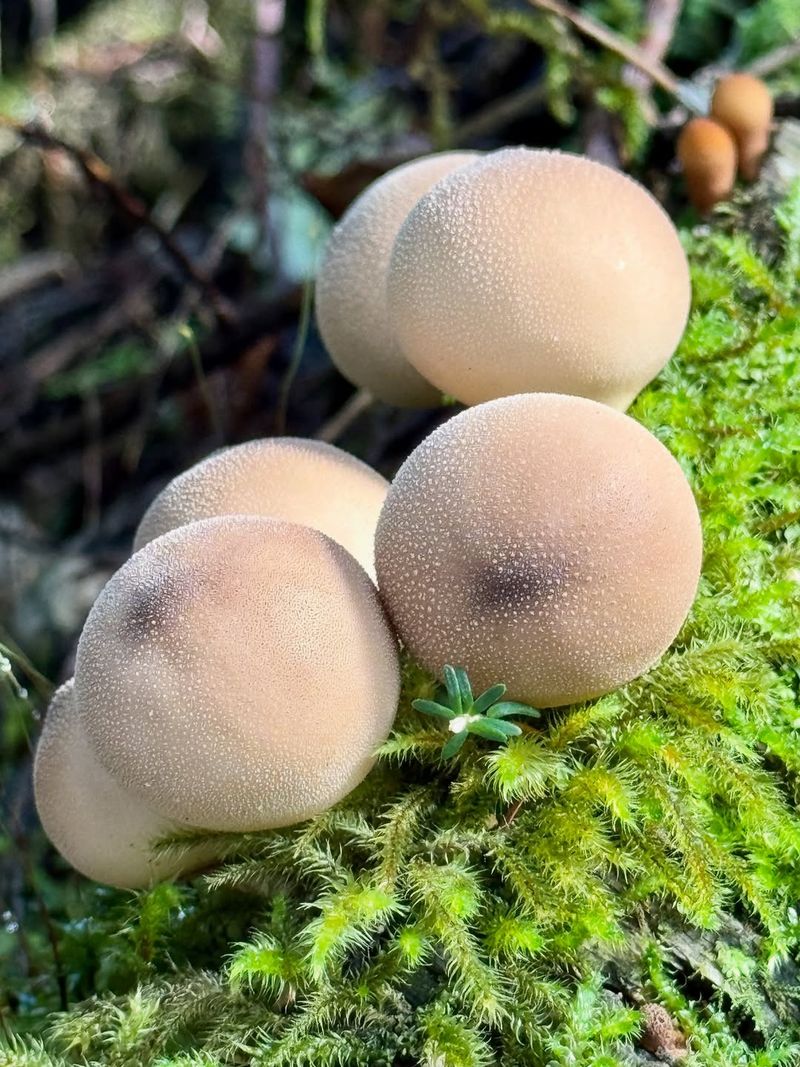
Never use mushroom water from store-bought mushrooms cooked with salt, butter, or oils. These additives harm plants rather than help them grow. Only plain water used for soaking or boiling unseasoned mushrooms is safe for your garden.
Watch for mold growth if you store mushroom water too long. Funky smells or cloudy appearance means the liquid has spoiled and should be discarded. Always use fresh batches to avoid introducing harmful bacteria or fungi into your North Carolina soil ecosystem.
7. Comparing Mushroom Water To Commercial Fertilizers
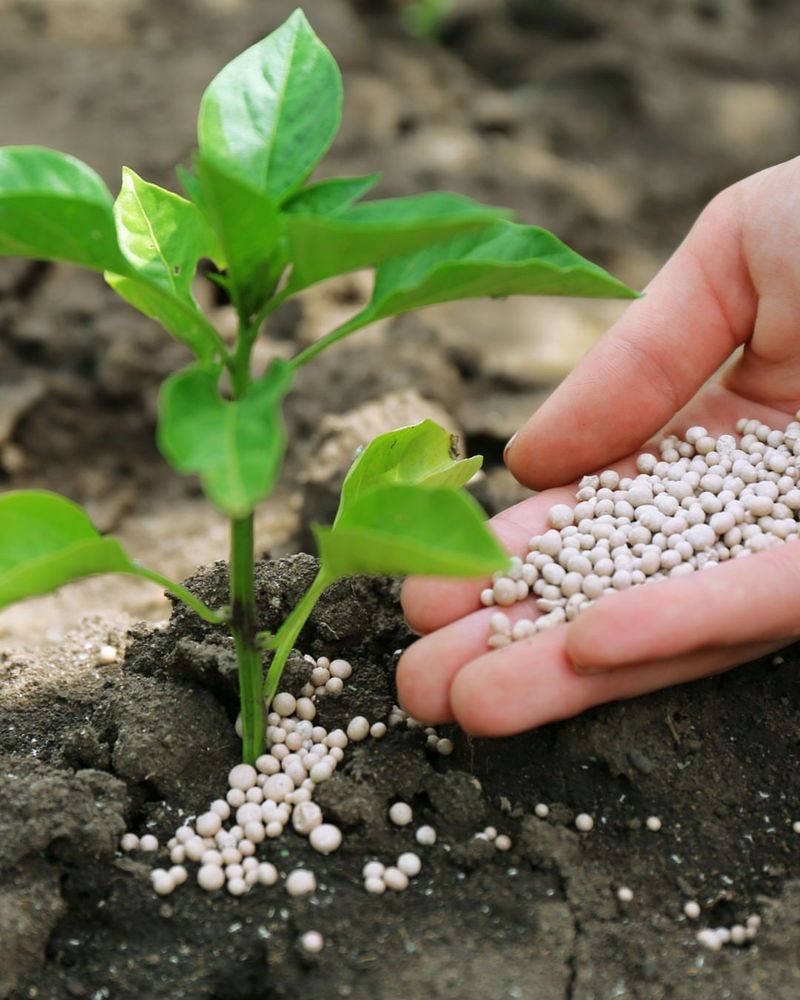
Chemical fertilizers deliver nutrients quickly but can damage beneficial soil microbes over time. Mushroom water works more gently, feeding both plants and the living organisms that keep North Carolina dirt healthy. Your garden builds long-term strength instead of depending on constant chemical inputs.
Cost matters too, especially for budget-conscious gardeners. Rather than throwing away mushroom cooking water, you transform waste into valuable plant food. Commercial fertilizers require repeated purchases, while mushroom water costs practically nothing to produce at home.

